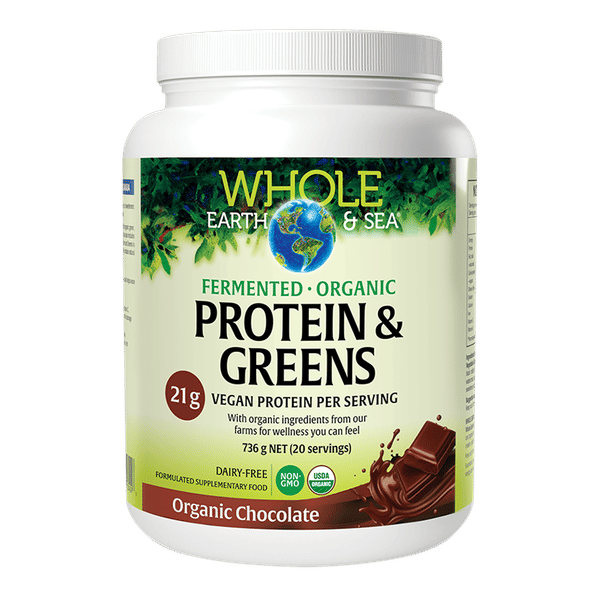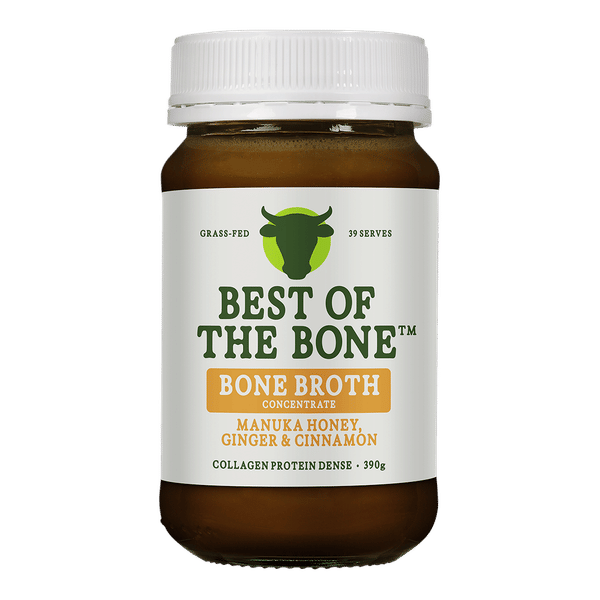
Basil
Scientific names: Ocimum basilicum
Family: Lamiaceae/Labiatae
Alternative names: Albahaca, Basilic, Basilic Commun, Basilic Grand, Basilic Grand Vert, Basilic Romain, Basilic aux Sauces, Basilici Herba, Common Basil, Garden Basil, Munjariki, St. Josephwort, St. Joseph's Wort, Surasa, Sweet Basil, Vanatulasi, Varvara
Actions: Anti-inflammatory, Antimicrobial, Antioxidant, Antiparasitic, Antiviral, Cancer-related, Dermatologic, Gastrointestinal, Insecticidal
Background
Basil (Ocimum basilicum) is an herb most often used for flavor in cooking. It grows from 20-40 cm tall and also has a history of use in medicine.
Basil contains vitamin C, calcium, magnesium, potassium, and iron. It also contains chemicals that might help reduce inflammation, kill bacteria and fungi, and reduce symptoms in the stomach.
People use basil for acne, diarrhea, constipation, mental alertness, migraine, and many other conditions, but there is no good scientific evidence to support these uses.
Don't confuse basil with holy basil. These are not the same.
Basil contains vitamin C, calcium, magnesium, potassium, and iron. It also contains chemicals that might help reduce inflammation, kill bacteria and fungi, and reduce symptoms in the stomach.
People use basil for acne, diarrhea, constipation, mental alertness, migraine, and many other conditions, but there is no good scientific evidence to support these uses.
Don't confuse basil with holy basil. These are not the same.
Safety Safety definitions
When taken by mouth: Basil is commonly consumed in foods. But it is possibly unsafe when used in larger amounts as medicine. Basil herb and basil oil contain estragole. Estragole is a chemical that might increase the risk of getting liver cancer.
When applied to the skin: Basil essential oil is possibly safe when used in concentrations of up to 6% for up to 12 weeks.
When inhaled: There isn't enough reliable information to know if basil is safe or what the side effects might be.
Children: Basil is commonly consumed in foods. But it possibly unsafe for children when taken by mouth in larger amounts as medicine. Basil contains estragole. Estragole is a chemical that might increase the risk of getting liver cancer .
Bleeding disorders: Basil oils and extracts might slow blood clotting and increase the risk of bleeding in people with bleeding disorders.
Surgery: Basil oils and extracts might slow blood clotting. This might increase the risk of bleeding during and after surgery. Stop using basil at least 2 weeks before a scheduled surgery.
When applied to the skin: Basil essential oil is possibly safe when used in concentrations of up to 6% for up to 12 weeks.
When inhaled: There isn't enough reliable information to know if basil is safe or what the side effects might be.
Special Precautions & Warnings:
Pregnancy and breast-feeding: Basil is commonly consumed in foods. But it possibly unsafe when taken by mouth in larger amounts as medicine while pregnant or breast-feeding. Basil contains estragole. Estragole is a chemical that might increase the risk of getting liver cancer.Children: Basil is commonly consumed in foods. But it possibly unsafe for children when taken by mouth in larger amounts as medicine. Basil contains estragole. Estragole is a chemical that might increase the risk of getting liver cancer .
Bleeding disorders: Basil oils and extracts might slow blood clotting and increase the risk of bleeding in people with bleeding disorders.
Surgery: Basil oils and extracts might slow blood clotting. This might increase the risk of bleeding during and after surgery. Stop using basil at least 2 weeks before a scheduled surgery.
Effectiveness
Effective Effectiveness definitions
There is interest in using basil for a number of purposes, but there isn't enough reliable information to say whether it might be helpful.
Dosing & administration
Basil is commonly consumed in foods. As medicine, it's most often been used by adults in topical products such as gels and essential oils. Speak with a healthcare provider to find out what type of product and dose might be best for a specific condition.
Interactions with pharmaceuticals
Medications for high blood pressure (Antihypertensive drugs)
Interaction Rating=Moderate Be cautious with this combination.
Basil extract might lower blood pressure. Taking basil extract along with medications that lower blood pressure might cause blood pressure to go too low. Monitor your blood pressure closely.
Medications that slow blood clotting (Anticoagulant / Antiplatelet drugs)
Interaction Rating=Moderate Be cautious with this combination.
Basil oils and extracts might slow blood clotting. Taking oils and extracts along with medications that also slow blood clotting might increase the risk of bruising and bleeding.
Interactions with herbs & supplements
Herbs and supplements that might lower blood pressure: Basil extract might lower blood pressure. Taking it with other supplements that have the same effect might cause blood pressure to drop too much. Examples of supplements with this effect include andrographis, casein peptides, L-arginine, niacin, and stinging nettle.
Herbs and supplements that might slow blood clotting: Basil oil or extract might slow blood clotting and increase the risk of bleeding. Taking it with other supplements with similar effects might increase the risk of bleeding in some people. Examples of supplements with this effect include garlic, ginger, ginkgo, nattokinase, and Panax ginseng.
Herbs and supplements that might slow blood clotting: Basil oil or extract might slow blood clotting and increase the risk of bleeding. Taking it with other supplements with similar effects might increase the risk of bleeding in some people. Examples of supplements with this effect include garlic, ginger, ginkgo, nattokinase, and Panax ginseng.
Interactions with foods
There are no known interactions with foods.
Products
View all productsPer 36.8 g (Chocolate):
- Ocimum basilicum (Basil)
- Pea protein concentrate
- Oryza sativa (Rice protein)
- Hordeum vulgare
- Wheatgrass powder
- Quinoa powder
- Medicago sativa
- Malus (Apple)
- Vaccinium corymbosum
- Vaccinium macrocarpon
- Daucus carota powder (Carrot)
- Coriandrum sativum
- Petroselinum crispum
- Cynara scolymus
- Raphanus raphanistrum (Wild radish)
- Taraxacum officinale
- Brassica oleracea var. acephala (leaf) powder (Kale)
- Apium graveolens
- Beta vulgaris
- Lycopersicon esculentum (Tomato)
- Brassica oleracea var. italica
- Armoracia rusticana
- Brassica oleracea var. viridis
- Nasturtium officinale
- Piper nigrum
- Mentha spicata
- Theobroma cacao (Cocoa powder)
- Natural flavours
- Malpighia glabra ext. dry
- Cordyceps sinensis
- Ganoderma lucidum
- Lentinula edodes
- Grifola frondosa
- Stevia rebaubiana
- Pumpkin seed protein
- Brassica oleracea var. botrytis (Cauliflower)
- Capsicum annuum
- Beta vulgaris (leaf) powder (Swiss Chard)
RRP: $64.96$58.46Save: 10%
Create account
Per 10 g (Manuka Honey, Ginger & Cinnamon):
390 g Manuka Honey, Ginger & Cinnamon
RRP: $33.99$30.59Save: 10%
Create account
vital.ly has licensed monographs from TRC Healthcare.
This monograph was last reviewed on 16/05/2025 10:00:00 and last updated on 15/10/2020 20:01:03. Monographs are reviewed and/or updated multiple times per month and at least once per year.
Natural Medicines disclaims any responsibility related to medical consequences of using any medical product. Effort is made to ensure that the information contained in this monograph is accurate at the time it was published. Consumers and medical professionals who consult this monograph are cautioned that any medical or product related decision is the sole responsibility of the consumer and/or the health care professional. A legal License Agreement sets limitations on downloading, storing, or printing content from this Database. No reproduction of this monograph or any content from this Database is permitted without written permission from the publisher. It is unlawful to download, store, or distribute content from this site.




